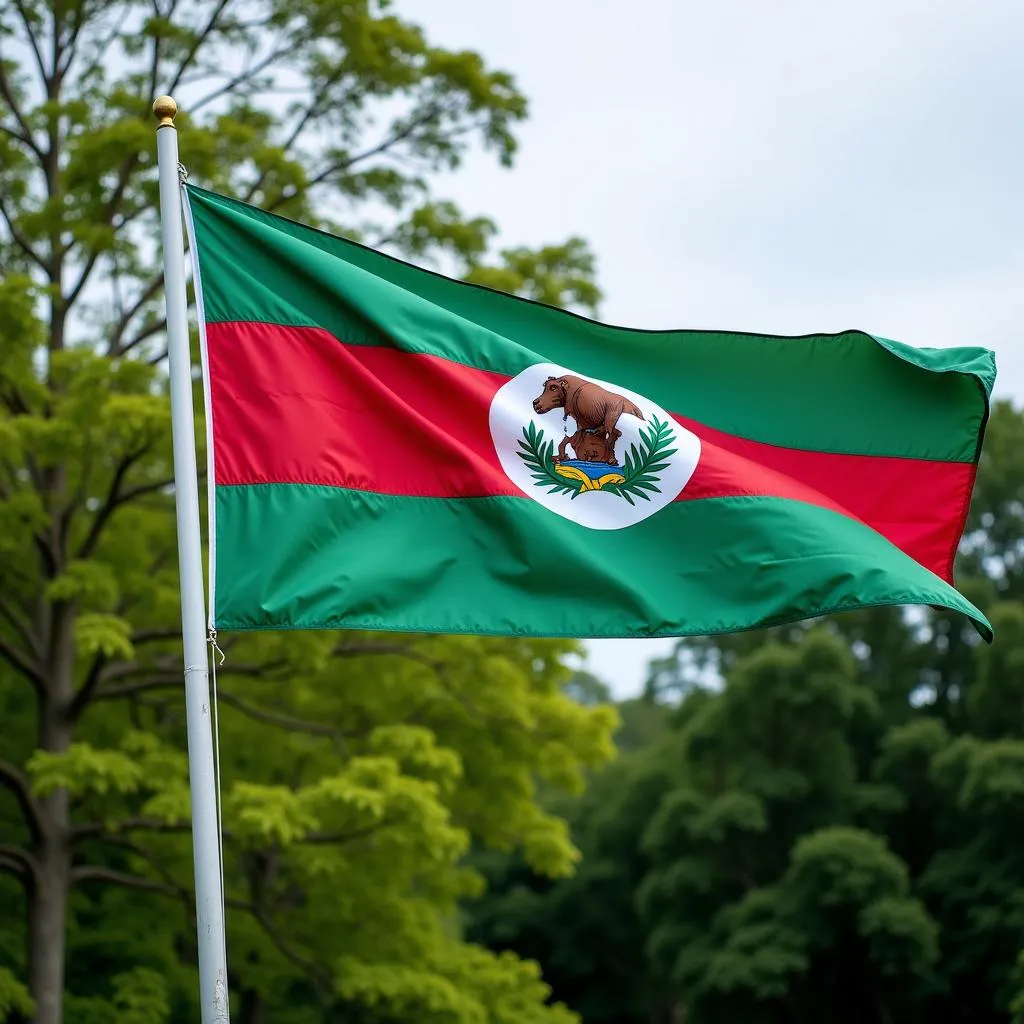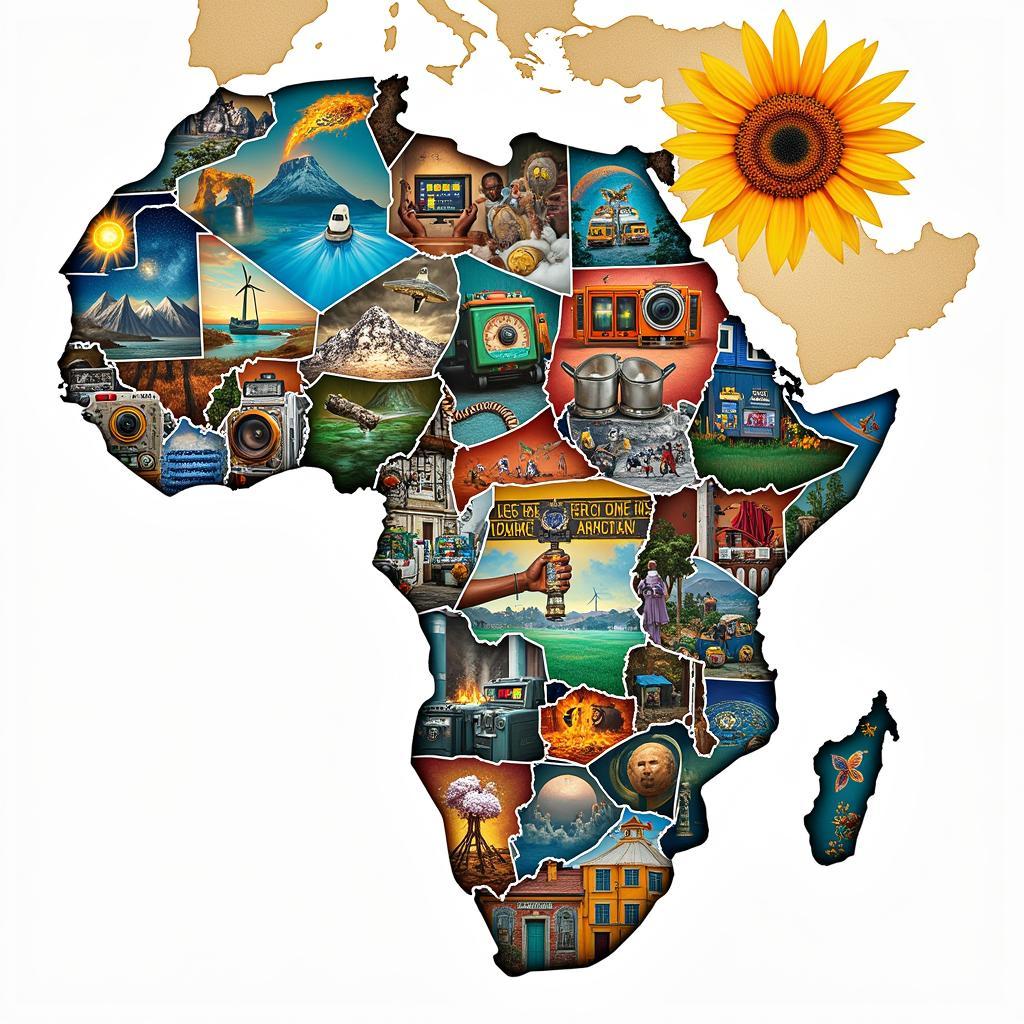African Countries Never Colonized: A Tale of Resilience and Sovereignty
The vast continent of Africa, rich in history, culture, and natural resources, bears the scars of colonialism. However, amidst the narrative of conquest, there exists a lesser-known story – the tale of African countries that never succumbed to colonial rule. These nations, each with unique circumstances, serve as powerful examples of resistance, strategic diplomacy, and unwavering commitment to sovereignty.
Unwavering Strongholds: A Glimpse into Africa’s Uncolonized Nations
While the majority of Africa experienced the throes of colonial rule, a handful of nations remained unconquered. These include:
- Ethiopia: A beacon of independence, Ethiopia successfully repelled Italian invasion during the Scramble for Africa, cementing its status as a symbol of African resistance.
- Liberia: Founded by freed American slaves, Liberia walked a complex path, navigating the complexities of its unique origin and the pressures of colonial powers.
Ethiopia: A Legacy of Resistance Against All Odds
Ethiopia stands tall as a testament to African resilience. Facing Italian ambitions during the 1880s, Emperor Menelik II skillfully rallied his forces, culminating in a decisive victory at the Battle of Adwa in 1896. This victory resonated throughout the world, shattering the myth of European invincibility and inspiring hope for African liberation movements.
 Ethiopian Emperor Menelik II
Ethiopian Emperor Menelik II
Liberia: Navigating Independence in a Colonized World
Liberia presents a unique case. Founded in 1843 by the American Colonization Society for freed slaves, it declared independence from the organization but faced immense pressure from European powers. Despite territorial disputes and internal struggles, Liberia maintained its sovereignty, becoming a haven for people of African descent seeking refuge from slavery and oppression.
Factors Contributing to Uncolonized Status
The reasons behind these nations’ ability to remain uncolonized are multifaceted and complex, ranging from strategic geographic locations to deft political maneuvering. Some of the key contributing factors include:
- Strong Leadership and Unity: Ethiopia’s Emperor Menelik II united diverse ethnic groups under a single banner, forging a formidable force against Italian invasion.
- Strategic Alliances: Playing European powers against each other proved crucial. Ethiopia leveraged rivalries between France and Italy to bolster its defense.
- Geographic Advantages: Ethiopia’s mountainous terrain proved a formidable barrier against invaders, while Liberia’s dense rainforests hindered easy conquest.
- Economic Self-Sufficiency: Maintaining control over their resources allowed these nations to remain relatively independent of European economic influence.
 Liberian Flag Waving Proudly
Liberian Flag Waving Proudly
The Legacy of Uncolonized Africa: A Source of Pride and Inspiration
The stories of Ethiopia and Liberia provide invaluable lessons in resistance, self-determination, and the enduring spirit of Africa. Their legacies extend far beyond their borders, serving as a beacon of hope and inspiration for other nations striving for autonomy.
The fight against colonialism was a pan-African struggle. While some countries faced direct conquest, others experienced different forms of subjugation. The stories of uncolonized Africa remind us that resistance took many forms, and the pursuit of freedom remains a continuous journey.
These stories challenge historical narratives that solely focus on colonial dominance, highlighting the agency, strength, and resilience within Africa. It is a reminder of the continent’s rich tapestry of cultures and its unwavering spirit in the face of adversity.


